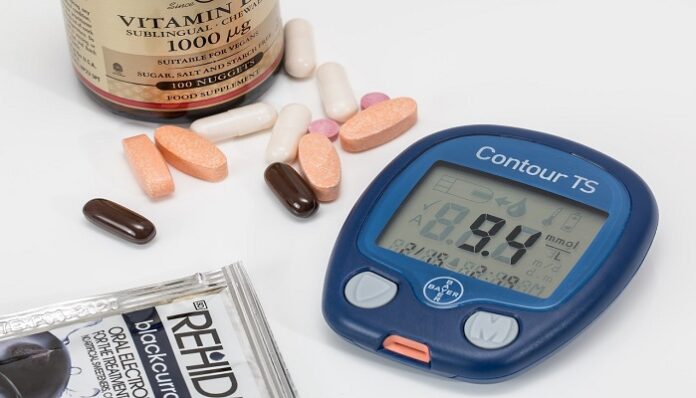Being a recognised global epidemic with a lot of economic burden on the individual and the nation, diabetes remission is one the recent hot topics when we discuss diabetes and its management. Dr. Shrinath Shetty, Consultant Endocrinologist & Diabetologist – KMC Hospital, Mangalore, shares some insights:
According to the International Diabetes Federation (IDF), around 463 million adults were living with diabetes in 2019, with 4.2 million deaths worldwide in 2019 due to the disease [1]
First, we need to know the difference between cure and remission. “Cure“is the term used when a person is relieved of symptoms of disease or condition. “Remission” comes from the Latin meaning “relaxation” or “sending back”. Hence, “Diabetes remission” is the scientific term for a temporary cure in diabetes. The exact duration of this remission can vary from person to person. Sometimes “diabetes remission” is vaguely interchanged with other terms such as “diabetes cure” or “diabetes reversal” to grab laymen’s attention, though it may not share the same scientific basis.
In Type 2 Diabetes Mellitus (T2DM) remissions are seen more often than not. T2DM remission is defined as healthy clinical state characterized by achievement of HbA1C below the targeted level, maintained at least 6 months, with or without continued use of lifestyle modifications and/or metformin, provided that this is not due to complications, co- morbid conditions or concomitant therapy.[2]
Remission in T2DM can be achieved with weight loss and a good diet. Remissions are more common in patients who have been diagnosed recently, than patients who have been diabetic for a long time.Evidence is strong for weight loss of at least 5-10% of body weight to achieve significant metabolic improvement.
Strategies to achieve remission in T2DM are as follows:
(A) Lifestyle modification: Diet and exercise
Patients are asked to take necessary steps to achieve Lifestyle modifications (LSM). Medical nutritional therapy (MNT) by certified dieticians to provide hypocaloric diet is the cornerstone of dietary modification. Effort is also taken to reduce the intake of simple carbohydrates, and fat intake. Green leafy vegetables with highfibreand balanced diet is promoted.
Exercise should be a balanced mix of aerobic (endurance) and resistance (strength) exercises to maintain muscle mass. Exercise should gradually escalate from 20 min/day to 60 min/day over 12-24 weeks for at least 5 days/week.[3] For better impact, goals should be individualized and realistic goals like weight loss of 0. 5kg /week should be aimed. Daily goals should be easily measurable such as 4000 steps a day to begin with, escalated every week to a target of 10,000 steps/ day.
(B) Medications
Diabetic medications can be modified to assist weight loss with use of drugs like metformin, SGLT2 inhibitors and GLP 1 analogues. Studies have also shown that insulin when initiated at diagnosis, has better remission rates, because it improves glucotoxicity and gives rest to the pancreatic β cells. Sometimes, weight loss medications can be added to these subjects. Diabetes specific formula feeds can be added as meal replacement, thus reducing the total daily calorie intake, and promoting weight loss.
(C) Bariatric surgery:
Bariatric surgery is a procedure which is commonly done in patients with obesityand diabetes (T2DM with BMI of 35-39.9 kg/m2), where the stomach volume is reduced surgically. A remission rate of 90% was demonstrated by Pories, et al at the end of 10 years.[4]The most common bariatric surgeries done are endoscopic sleeve gastroplasty, laparoscopic adjustable banding (LABG) and Roux-en-Y gastric bypass (RYGB). Bariatric surgery outcome is best when combined with multidisciplinary weight management before receiving the surgery.
Thus, remission in T2DM is possible if we act early and aggressively with multimodal approach.
References
- International Diabetes Federation. Diabetes Atlas 9th Edition 2019.
- Sanjay Kalra, et al. What’s in a Name? Redefining Type 2 Diabetes Remission. Diabetes Ther. 2021 Mar;12(3):647-654
- O Hamdy, et al. Weight management in patients with type 2 diabetes: a multidisciplinary real-world approach. Current Diabetes Reports, 2018;18,66
- Porie, et at. Surgical treatment of obesity and its effect on diabetes: 10 year follow up. Am J CliniNutr. 1992;55,582S-585S.


























